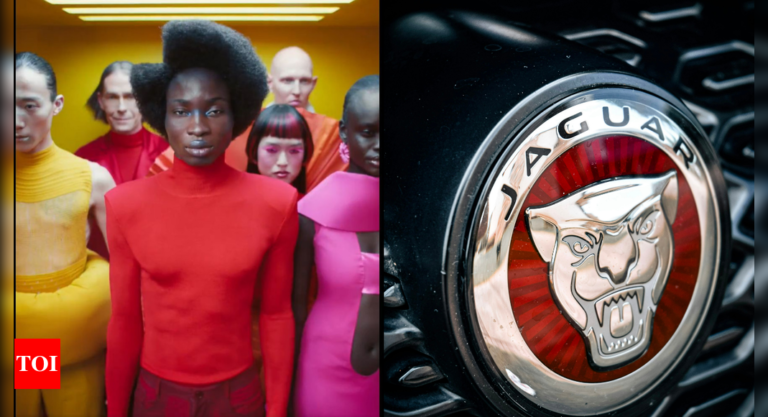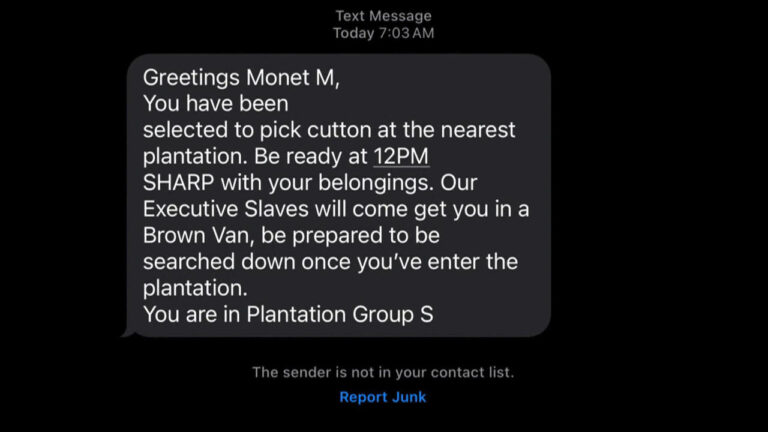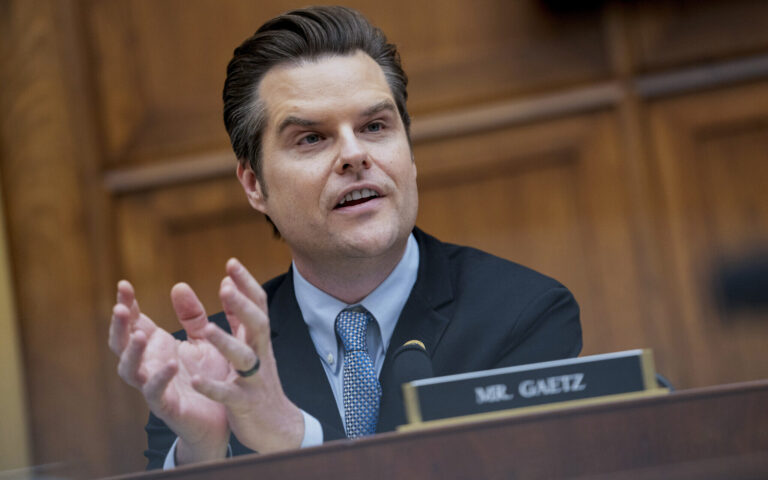Keke Palmer Reveals Racist Remark from Scream Queens Co-Star
Keke Palmer Shares Racist Encounter on Scream Queens Set
Keke Palmer has always been a vocal advocate for social issues, but her recent revelation about a racist comment made by a co-star on the set of “Scream Queens” has sparked a conversation that many of us need to pay attention to. As someone who’s made waves in Hollywood, her experiences resonate not only in the film industry but also in broader societal contexts. In this article, we’re diving into Keke’s experience, the implications of such remarks, and why it’s crucial to address racism, even in seemingly light-hearted settings like a television set.
Keke Palmer: A Beacon of Change
Before we dive into the specifics of her story, let’s take a moment to appreciate who Keke Palmer really is. Born on August 26, 1993, in Harvey, Illinois, Keke Palmer is more than just an actress; she’s a multi-talented powerhouse. From roles in movies like “Akeelah and the Bee” to her recent accomplishments as a talk show host and music artist, Keke embodies versatility. She’s someone who not only entertains but also utilizes her platform for activism, often addressing issues of race, identity, and women’s empowerment.
Setting the Scene: What Happened on Set?
According to Keke, the incident in question happened while filming “Scream Queens,” a satirical horror-comedy series known for its humorous take on horror tropes. Amidst the laughter and camaraderie of the show, a racist remark from one of her co-stars made its way through the atmosphere, leaving a stark reminder of the prejudices that still exist today.
So, what exactly did Keke reveal? She didn’t go into exhaustive detail, but she made it clear that the comment was both inappropriate and hurtful. It’s a common scenario that some may dismiss as ‘just a joke,’ but such comments can deeply impact the person receiving them and perpetuate harmful stereotypes.
The Ripple Effect of Racism in Entertainment
Why does Keke’s experience matter? You might think, “Aren’t we past this?” Unfortunately, incidents of racism persist, even in progressive environments like Hollywood.
The Normalization of Racist Jokes
Just think of it this way: when you’re hanging out with friends, you might share a laugh over silly jokes. But if those jokes cross the line into racist territory, what does that say about the people making them? Such remarks can create a toxic environment, diminish the trust among cast members, and even impact the quality of the work being produced.
Breaking Down the Impact
-
On the Individual Level: Such comments can leave lasting scars. Actors like Keke often find themselves navigating a minefield of expectations and biases. For her, being subjected to a racist comment isn’t just an isolated incident; it’s a reminder of the broader societal issue of racism.
-
On the Industry Level: When such incidents occur in a highly visible industry, they send a message to audiences about what behaviors are acceptable. If actors remain complicit in silence, it sends the signal that racism can be tolerated for the sake of entertainment.
Why It’s a Big Deal Today
In recent years, there’s been a push for inclusivity, representation, and accountability within the entertainment industry. But Keke’s experience highlights that we have much work to do.
The Importance of Speaking Up
Keke’s courage in revealing this incident is commendable. In Hollywood, speaking up about racism isn’t always easy. Actors face the risk of backlash, losing roles, or even being ostracized by their peers. Yet, their ability to stand firm can inspire others to share their experiences.
- Activism All Around: Many celebrities leverage their platforms to advocate for change. It’s this solidarity that gives hope and encourages open conversations about race and inequality.
Dialogues on Racism and Responsibility
With Keke’s revelation, one of the most pressing questions arises: how can we hold entertainers accountable? The answer isn’t simple, but it starts with having conversations.
How Can We Promote Accountability?
-
Encourage Open Conversations: It’s vital for people in and out of Hollywood to engage in discussions about race. If individuals feel comfortable voicing their concerns and experiences, change can be implemented more effectively.
-
Educate on Cultural Sensitivity: Understanding the history and context of racial remarks can shed light on why certain comments are harmful, fostering empathy among peers.
-
Support Diverse Voices: Industry leaders must prioritize varied perspectives in storytelling, allowing for more authentic representations and understanding of different cultures.
-
Establish Clear Protocols: Production companies need to set explicit guidelines regarding inappropriate behavior to foster a safe working environment.
-
Be an Ally: People should actively support marginalized voices, whether through sharing their stories, attending events, or amplifying their voices on social media.
The Path Ahead: Creating a More Inclusive Environment
Keke’s experience serves as a wake-up call for not just the entertainment industry but society as a whole. The work towards inclusivity and respect must continue, but it’s also on all of us to contribute to that change – one conversation at a time.
Finding Common Ground
While it’s easy to feel overwhelmed by the issues at hand, Keke’s story is a reminder that change starts at the individual level. When we acknowledge our biases and commit to understanding others, we pave the way for a more inclusive environment.
Here are a few quick ways you can contribute:
- Listen to marginalized groups and learn from their experiences.
- Challenge racist comments in your circles with kindness and clarity.
- Advocate for diverse stories in media.
Conclusion
Keke Palmer’s experience on the “Scream Queens” set underscores a critical point: racism, in whatever form it takes, must not be brushed aside as a simple joke. The conversation must continue, and we must hold ourselves and our communities accountable. Embracing diversity and combating ignorance is not just a Hollywood issue; it’s a human issue. Together, we can foster respect and understanding, creating a world where everyone feels valued and seen.
FAQs
1. What was the racist remark made to Keke Palmer?
While Keke hasn’t disclosed the exact comment, she refers to it as a hurtful remark that reflects ongoing prejudices.
2. Why is Keke Palmer’s revelation significant?
Her sharing shines a light on the realities of racism in Hollywood and encourages discussions on accountability and change.
3. How can the entertainment industry better address racism?
By promoting open conversations, educating staff on cultural sensitivity, and ensuring diverse voices are prioritized in storytelling.
4. What can individuals do to combat racism?
Be an ally, educate themselves, and actively challenge racist comments when they encounter them.
5. Why is it important to speak up about experiences of racism?
Speaking out can inspire others to share their experiences, paving the way for systemic change and promoting a culture of respect and inclusivity.







